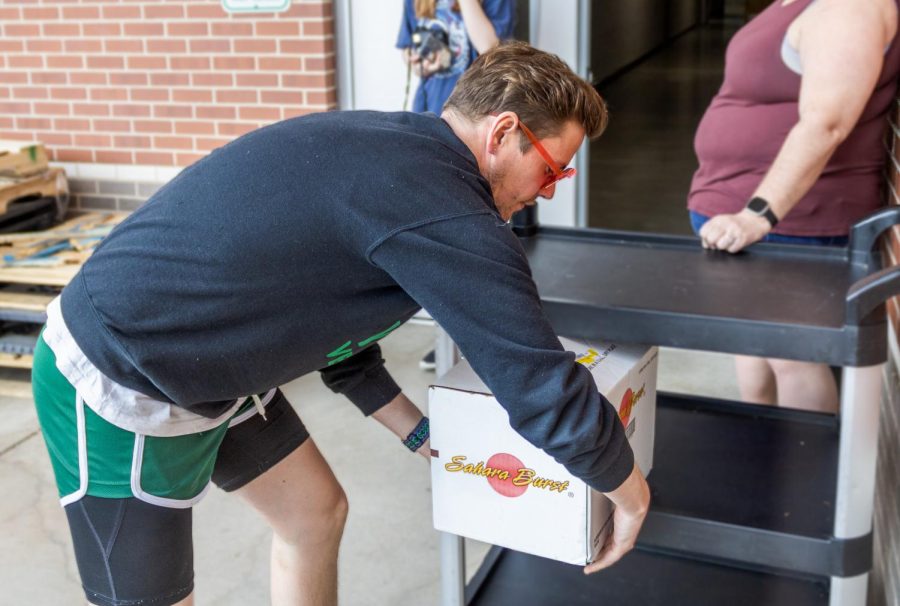 In a few short weeks the student teachers will be leaving classrooms for good; some students are looking forward to that day and will be grateful to have regular teachers back while others will dearly miss student teachers.
In a few short weeks the student teachers will be leaving classrooms for good; some students are looking forward to that day and will be grateful to have regular teachers back while others will dearly miss student teachers. Whatever the case, student teachers have a huge impact on students’ education. Many students have several student teachers every year.
The level of involvement in the classroom for a student teacher depends on the teacher and the class. Sometimes, the teacher seems to disappear for the few months the student teacher is present. The majority of the resposibility is left in the hands of someone who is still learning, just like the students of the class. This causes students and faculty to question the qualification of student teachers to take over a large chunk of classes every semester.
“It’s just managing the classroom,” art teacher Carolyn Berry said. “They just haven’t had a lot of experience. They’re just a little bit older than our students.”
General complaints about student teachers are they are very nervous, easily flustered, or do not fully understand the subject matter.
“I’d rather have the regular teacher,” sophomore Reina McCoy said. And when asked about teachers leaving the class altogether she said, “I don’t think that’s quite a good idea cause sometimes they [student teachers] get confused and tell us false information.”
But there are also many students who believe student teachers provide excitement and enthusiasm for subject matter their actual teachers might already be burnt out on.
“[Student teachers] have been beneficial because they provide a fresh prospective,” sophomore Michelle Stockwell said.
Despite the difference of opinions, it is unusual for anyone to recommend eliminating student teaching all together. Student teachers and faculty alike believe student teaching is a tremendously important learning experience and essential for molding future teachers.
“I think they gain an enormous amount,” Berry said. “They get to imagine what it would be like if this was their classroom. They have to set up, they have to clean up, in my case they have to prep for it. They have to learn to interact with all the students and the faculty, and they have to learn to work within a schedule again because they’ve been in college where it’s not as scheduled.”
Laura Draxler, a student teacher for Oather Strawderman, agrees.
“Starting out in undergrad they teach you all these different things about classroom management and how to teach and how to be a good teacher but you really don’t get a feel for what its like until they actually put you in front of the classroom,” Draxler said. “And that way you have somebody to fall back on if you’re not sure if things are working out or you want to try new things.”
Student teachers will be the first to tell you that they don’t get paid for their jobs. In fact, they actually pay to work here. Their money provides a small stipend for the faculty member whose class they oversee. This is because, although it may not be obvious to most students, teachers like Berry say guiding a student teacher through teaching their class is actually a lot of extra work.









![After receiving advice from her students, orchestra director Judy Erpelding marks her music. Although the director normally makes the artistic decisions, Erpelding will often consult her students and hear their opinions on what sounds good and what they should try out. “[The students] are the heart of the program, not me,” Erpelding said. “I know they will carry that on and I will miss them. Making great music with them, being able to challenge them, taking their inspiration.”](https://www.fsfreepressonline.com/wp-content/uploads/2023/05/Roust_Erpelding_5_11_23-600x900.jpg)

